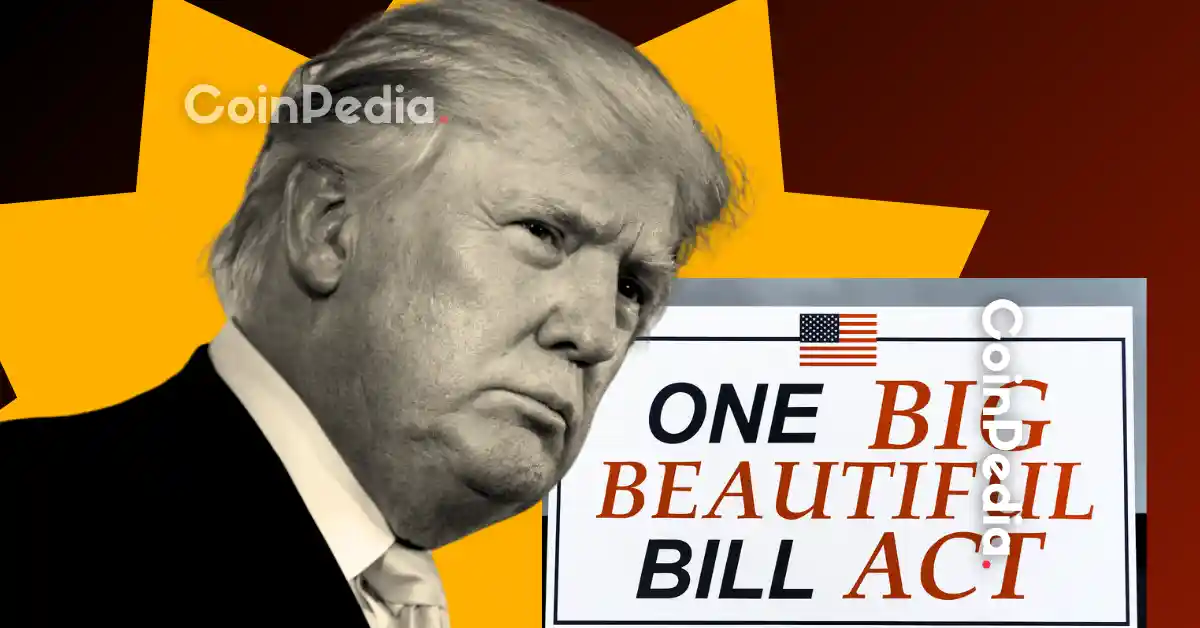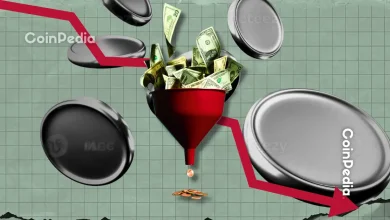
Trump’s “Big Beautiful Bill” Passes by Narrow Margin: The sweeping economic package clears the House 218–214 and heads for July 4 signing.
Critics Warn of $5.5 Trillion Debt Spike: Economists and Democrats slam the bill’s tax cuts and Medicaid cuts, citing major fiscal risks.
President Donald Trump’s sweeping economic package, famously called the “Big Beautiful Bill,” has cleared the U.S. House of Representatives by a razor-thin margin of 218–214 on July 3. The legislation, which promises deep tax cuts and sweeping spending reforms, is set to be signed into law on July 4 in a high-profile Independence Day ceremony.
Republican Pushback Falls Short
Despite Republican leadership rallying support, the bill faced opposition from within Trump’s party. GOP lawmakers Thomas Massie and Brian Fitzpatrick voted against it in the House, joining Senate Republicans Rand Paul, Susan Collins, and Thom Tillis, who opposed the bill earlier. Their concerns revolved around steep cuts to Medicaid, expanded tax breaks for the wealthy, and fears that the package could explode the national deficit.
Yet, House Republicans managed to hold the line, persuading holdout Ralph Norman to flip his stance. With Vice President J.D. Vance previously casting the tie-breaking vote in the Senate, the path was cleared for the bill’s final approval.
Economists Raised a Red Flag
Economic analysts are sounding alarms. According to the Committee for a Responsible Federal Budget (CRFB), the bill could add a massive $5.5 trillion to the national debt if the provisions become permanent. The U.S. debt, currently near 100% of GDP, could soar to 127% by 2034. Moody’s has also warned of growing investor unease and bond market volatility triggered by the legislation’s long-term fiscal risks.
Whereas, the democrats, led by former President Joe Biden, labeled the bill “reckless and cruel,” warning it could strip healthcare from millions of Americans due to the proposed Medicaid cuts. Biden emphasized the bill favors the rich while threatening the social safety net. Meanwhile, Elon Musk, a one-time Trump ally, has voiced strong disapproval, signaling plans to campaign against lawmakers who backed it.
What Comes Next?
With the bill’s signing imminent, attention now turns to its implementation and its political fallout. As Trump pushes forward with his economic vision, critics are preparing for a fierce battle over the nation’s fiscal future, and voters will likely have the final say in 2026.
Never Miss a Beat in the Crypto World!
Stay ahead with breaking news, expert analysis, and real-time updates on the latest trends in Bitcoin, altcoins, DeFi, NFTs, and more.
Trust with CoinPedia:
CoinPedia has been delivering accurate and timely cryptocurrency and blockchain updates since 2017. All content is created by our expert panel of analysts and journalists, following strict Editorial Guidelines based on E-E-A-T (Experience, Expertise, Authoritativeness, Trustworthiness). Every article is fact-checked against reputable sources to ensure accuracy, transparency, and reliability. Our review policy guarantees unbiased evaluations when recommending exchanges, platforms, or tools. We strive to provide timely updates about everything crypto & blockchain, right from startups to industry majors.
Investment Disclaimer:
All opinions and insights shared represent the author's own views on current market conditions. Please do your own research before making investment decisions. Neither the writer nor the publication assumes responsibility for your financial choices.
Sponsored and Advertisements:
Sponsored content and affiliate links may appear on our site. Advertisements are marked clearly, and our editorial content remains entirely independent from our ad partners.








